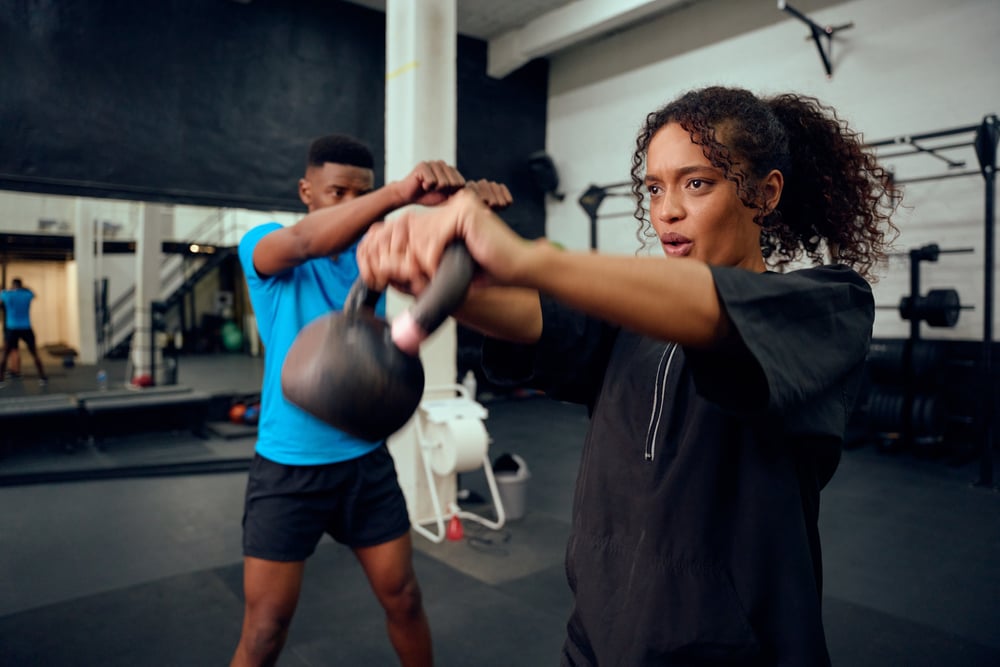
Once you have established a good fitness routine, it can be difficult to skip a day. Regular exercise is a great way to take care of yourself and relieve stress, and you don't want to lose any hard-won progress just because of a sniffle. So, is it okay to train when you're sick?
As is true with many aspects of health and fitness, there is no single right answer. The answer depends on your symptoms, and their severity, and how you feel. But here are some general guidelines to follow:
When it's okay to push through
If you feel a head cold or sniffles coming on, it's probably okay to go ahead with your normal workout. Particularly if you otherwise feel good, or taking an over-the-counter medication improves your symptoms, an illness is unlikely to interfere with your fitness goals. In fact, moderate exercise can help boost immunity and may help you recover more quickly from an illness.
When you should sit it out
If your symptoms include stomach problems or a fever, skip the workout. Elevating the body temperature with exercise can exacerbate a fever, and it's a sign that your body is already working hard fighting an illness, and doesn't have energy to spare for strenuous activity.
The rule of thumb is that if your symptoms are “above the neck” and in your head, go ahead and work out. But if your symptoms are “below the neck” and in your body, rest and take it easy instead.
Take down the intensity
Whether your illness comes with some tiredness and fatigue, or you have missed a few sessions at the gym with a flu, it's a good idea to reduce the intensity of your workouts until you are feeling yourself again. Maintaining regular workouts with reduced intensity also keeps you in the habit, and may help you get healthy faster, provided you don't add additional stress on your body. Try walking or jogging instead of running, yoga or pilates instead of weightlifting, and tai chi instead of cross training. Low intensity workouts that focus on breath and mindfulness help you tune into your body, and not overstrain when you are already vulnerable.
Mind your gym etiquette
Of course, you should always be aware of the health and convenience of others at the gym and maintain proper etiquette. But this is especially important when you are sick, because poor hygiene choices may put others at risk.
Colds and flu are typically contagious from the day before the onset of symptoms, until a week afterward (for colds) and up to two weeks afterward (for the flu). During this time, it's particularly important to be mindful of your germs. Wipe down machines when you are done, paying special attention to areas where you (and others) rest your hands.
Use tissues for sneezing or a runny nose, and wash your hands frequently. Exercise opens nasal passages and can make a runny nose even worse.
And be aware that if you have particularly disruptive coughing, sneezing, or a runny nose, it can be distracting for other gym-goers, even if you are trying hard to avoid spreading germs. It might be a good idea to temporarily adjust your workouts to times when the gym is less crowded.
Should you train when you are sick? Maybe. If you are listening to your body, feel capable of it, and can train without risking spreading germs to other people, then feel free to keep up your workout schedule, but consider reducing intensity. If you are feverish or fatigued, or have really disruptive symptoms, it's better to rest your body, drink plenty of fluids, and focus on getting healthy before resuming training. IV Therapy may also be a wonderful way to replenish your body’s hydration and restore nutrients. Remember that rest is just as important as exercise in taking care of yourself and your health.








